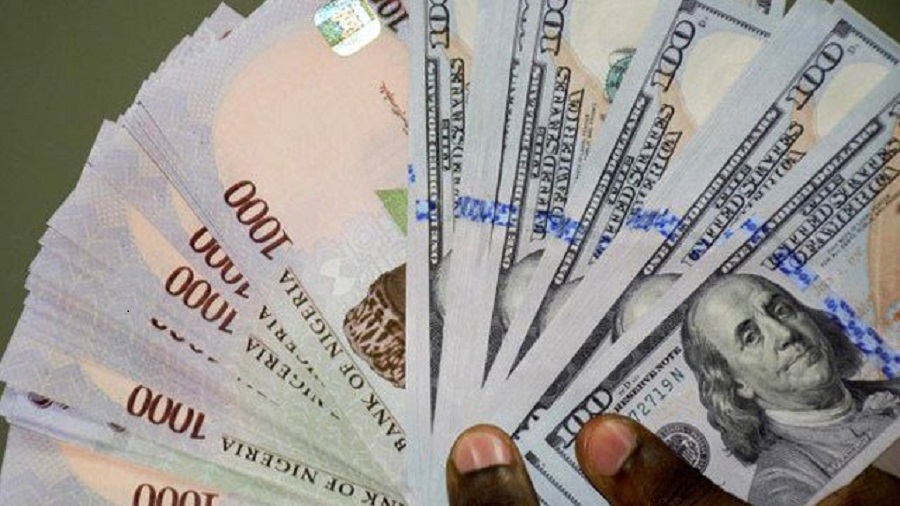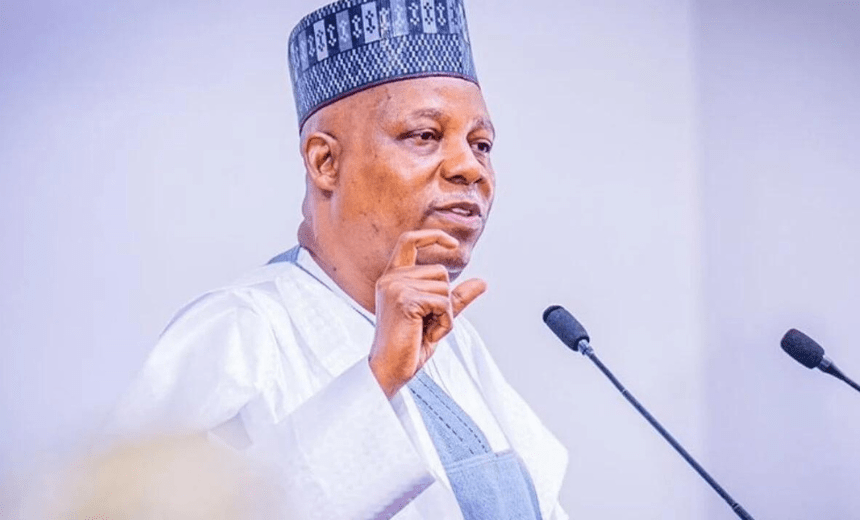
Naira Falls Slightly to ₦1,529.22/$ at Official Market as Pressure Persists

The Nigerian naira slipped marginally on Tuesday, closing at ₦1,529.22 per US dollar at the official Nigerian Foreign Exchange Market window, according to updated figures from the Central Bank of Nigeria (CBN).
This represents a mild drop from Monday’s rate of ₦1,528.33/$, signalling persistent pressure on the local currency amid unrelenting demand for the dollar.
Though the decline amounts to a mere ₦0.89, market analysts are closely watching the slow but steady trend, raising concerns over the CBN’s ability to sustain stability in the foreign exchange space.
Traders at the FMDQ Securities Exchange reported a consistent mismatch between demand and supply of forex, with several sectors scrambling for dollars to fund imports, settle foreign debts, and pay international fees.
This continued strain on the dollar supply chain is believed to be contributing to the naira’s fragile position.
Despite recent monetary policy tightening and interventions aimed at boosting investor confidence, Nigeria's currency continues to wobble under the weight of low forex inflow, declining foreign reserves, and inconsistent remittance volumes.
While Tuesday’s shift may appear insignificant on the surface, experts warn that even marginal daily drops—if sustained—could have ripple effects on inflation, consumer prices, and the cost of doing business in Africa’s largest economy.
“There’s a real concern that the CBN may soon need to take bolder steps to calm the market,” one Lagos-based currency analyst told Busterblog. “Interventions help, but the underlying issue is weak dollar supply from oil revenues, diaspora remittances, and FDI. Until those pick up, the naira will remain vulnerable.”
At the parallel market, rates remain significantly higher, with black-market traders quoting between ₦1,560–₦1,580/$, further widening the gap with the official window and raising fears of a two-tier exchange system deepening once again.
As things stand, all eyes are on the Central Bank’s next move — whether it will intensify interventions, adjust interest rates further, or deploy a fresh FX strategy to shore up the naira’s value.
For millions of Nigerians, especially importers, students studying abroad, and businesses with international operations, the naira’s fate is not just a financial metric — it’s a daily economic reality.
One thing is certain: the currency war is far from over.


